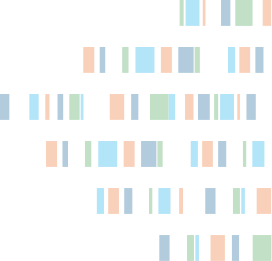Custom-defined oligonucleotide collections have a broad range of applications in fields of synthetic biology, targeted sequencing, and cytogenetics. Also, they are used to encode information for technologies like RNA interference, protein engineering and DNA-encoded libraries. High-throughput parallel DNA synthesis technologies developed for the manufacture of DNA microarrays can produce libraries of large numbers of different oligonucleotides, but in very limited amounts. Here, we compare three approaches to prepare large quantities of single-stranded oligonucleotide libraries derived from microarray synthesized collections. The first approach, alkaline melting of double-stranded PCR amplified libraries with a biotinylated strand captured on streptavidin coated magnetic beads results in little or no non-biotinylated ssDNA. The second method wherein the phosphorylated strand of PCR amplified libraries is nucleolyticaly hydrolyzed is recommended when small amounts of libraries are needed. The third method combining in vitro transcription of PCR amplified libraries to reverse transcription of the RNA product into single-stranded cDNA is our recommended method to produce large amounts of oligonucleotide libraries. Finally, we propose a method to remove any primer binding sequences introduced during library amplification.

Home » Methods for the Preparation of Large Quantities of Complex Single-Stranded Oligonucleotide Libraries
Publications
Methods for the Preparation of Large Quantities of Complex Single-Stranded Oligonucleotide Libraries
myTags
Daicel Arbor Biosciences
5840 Interface Dr. Suite 101,
Ann Arbor, MI 48103
1.734.998.0751Ann Arbor, MI 48103
©2025 Biodiscovery LLC
(d/b/a Daicel Arbor Biosciences)
All Rights Reserved.
(d/b/a Daicel Arbor Biosciences)
All Rights Reserved.

 Bluesky
Bluesky